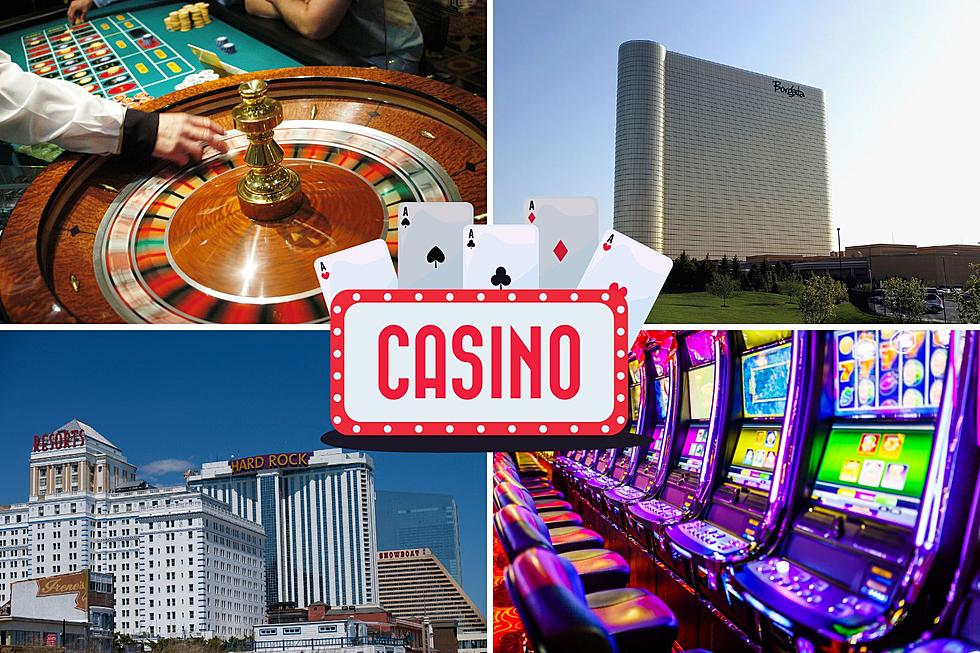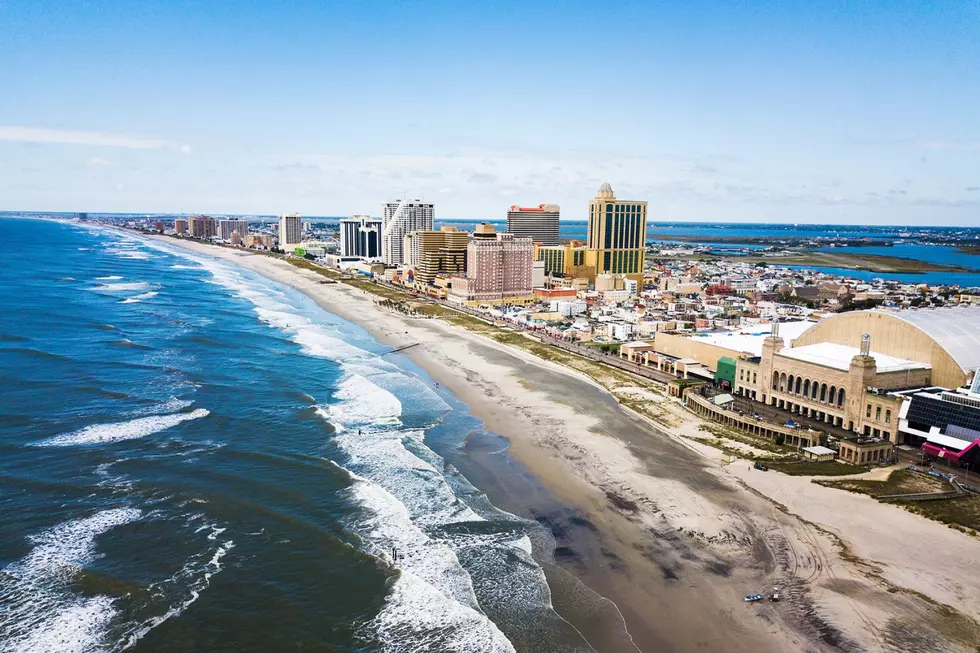
NJ voters not sold on expanding casinos to North Jersey
The battle over North Jersey casinos being decided on the November ballot couldn’t be closer.
Results out this morning from a new Monmouth University Poll show registered voters are evenly divided on whether to allow two casinos to be built in North Jersey, 48 percent in favor and 48 percent opposed. A surprisingly small share have no opinion, and growing numbers of residents are skeptical that casinos have been good for Atlantic City or the state economy.
“This is something that the voters actually will have to decide, and right now they are split down the middle,” said Monmouth University Polling Institute director Patrick Murray.
Fifty-four percent of residents say casino gambling has been good for New Jersey, the lowest level recorded since the Rutgers-Eagleton Poll first asked the question in 1980. It peaked at 72 percent in 1999 and was at 64 percent three years ago.
“They have to convince New Jerseyans that is actually an economic boon, and they’re doing it at a time when public opinion about the impact of casinos in New Jersey over the past 40 years is at an all-time low,” Murray said.
Democrats are more likely to favor casino expansion than Republicans or independents. Men are more likely to favor it than women. Predictably, given the anticipated impact on Atlantic City of letting casinos set up shop elsewhere in the state, South Jerseyans are more likely to oppose the proposal.
“One thing that you are probably not going to change opinion on is what the impact will be on Atlantic City. Fifty-nine percent of New Jerseyans say that expanding casinos to the north will hurt Atlantic City. Even people who support expansion say it’s going to hurt Atlantic City,” Murray said.
Senate President Stephen Sweeney, D-Gloucester, said the fight over Atlantic City has “done enormous harm to gaming to North Jersey” raising the prospect of bankruptcy and spotlighting the city’s troubles. He said North Jersey gaming was going to be a struggle to get passed, anyway.
“With all this negativity surrounding it, it’s going to be a much steeper climb to get it passed now. I really think it’s in trouble,” Sweeney said.
While it’s unclear if the attention to Atlantic City’s finances drawn by the takeover standoff is the cause, voters do have a more negative view of whether gaming helped the city.
Thirty-eight percent of residents say Atlantic City is worse off now than it would have been if gambling hadn’t been allowed, doubling the 18 percent who said so three years ago and outpacing the 31 percent who say the city is better off for having casinos.
“This is not a good time to sell casino gambling to the state when they look at what’s happening in Atlantic City,” Murray said.
Older residents are more likely to oppose gaming expansion, while those younger than age 54 – particularly those 34 years old or less – are more likely to be in favor.
“There has been a reluctance for some older residents, more socially conservative residents, to just simply be against gambling, period,” Murray said, adding that the trend dates back decades. “I think that that’s part of it. Also older residents have been around longer. They’re more likely to say that the economic benefits of gambling have been mixed for the state.”
“Younger residents aren’t worried about the moral aspects of gambling as I think some older residents are. They also are not as aware of everything that’s happened in Atlantic City over the past 40 years," Murray said. “They just know that casino gambling is expanding everywhere in the country, including New York and Pennsylvania, and they probably are less reluctant to see it expand here in New Jersey.”
State election regulators anticipate $40 million in independent spending on the casino referendum by backers and opponents combined, said Jeff Brindle, executive director of the Election Law Enforcement Commission.
Adjusted for inflation, around $5.6 million was spent 40 years ago during the successful referendum allowing casinos in Atlantic City.
The casino question won’t have the ballot to itself, either. A question related to Transportation Trust Fund revenues will be on there, and Democratic legislative leaders say they intend to place a question guaranteeing larger contributions be made to public workers’ pension funds.
In all, they could lead to a record $80 million to $100 million in independent spending, Brindle said.
“Never seen, never at all,” Brindle said. “I mean, this is just skyrocketing.”
Murray took note of one additional wild card that could affect the November vote: The deadline for Atlantic City to file its financial plans, which could trigger a state takeover if the state says they’re not sufficient, comes only around two weeks before the vote.
Right now, voters are split on whether a state takeover would be helpful, with 43 percent saying it would help the people who live and work in Atlantic City and 41 percent saying it would hurt. A slight plurality say a takeover would make it easier for political bosses and connected developers to get deals in the city.
But only 19 percent of voters say they know a lot about the takeover, while 44 percent know nothing at all about it. That would change if a takeover actually happens, Murray said.
“As that becomes more of a reality, and particularly since the deadline for the takeover and the finances is about the same time as the November ballot, I think more people will be paying attention to it, and it probably won’t help,” Murray said.
New Jersey: Decoded cuts through the cruft and gets to what matters in New Jersey news and politics. Follow on Facebook and Twitter.
Michael Symons is State House bureau chief for NJ 101.5 and the author of New Jersey: Decoded. Follow @NJDecoded on Twitter and Facebook. Contact him at michael.symons@townsquaremedia.com
More From Lite 96.9 WFPG










